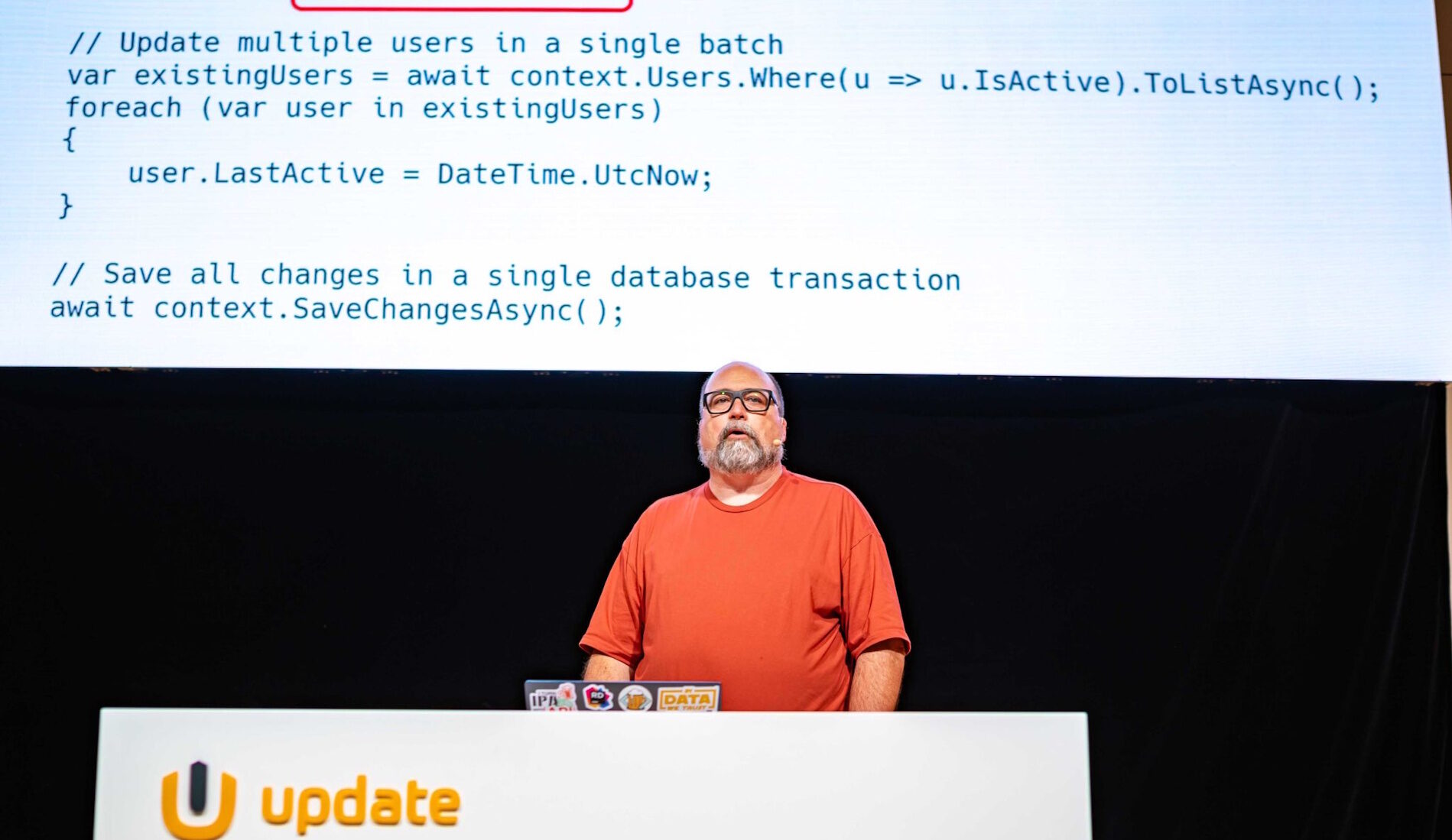Imagine you’re running a café. Every customer who walks in gets a free cookie—no need to ask for it, no need for your staff to remember. It just happens automatically. That’s the magic of Global Query Filters in EF Core. Once you set them up, every query automatically follows the rules, making your code simpler and your life easier.
Global Query Filters are all about efficiency and consistency. Let’s dive into how they work, why they’re awesome, and how to sprinkle them into your EF Core projects like those cookies at your café.
What Are Global Query Filters?
Global Query Filters are rules that EF Core applies to every query involving a specific entity type. These rules filter out data you don’t want by default—like inactive users, deleted records, or inventory that’s out of stock.
Here’s an example. Say you have an Album entity, and you only want to fetch albums that are in stock. Instead of adding a .Where() clause to every query, you define a global filter once and let EF Core handle it for you:
modelBuilder.Entity<Album>()
.HasQueryFilter(a => !a.IsOutOfStock);
Now, every time you query Album, EF Core automatically applies this filter. No extra work, no forgotten conditions, no surprises.
Why Use Global Query Filters?
Here’s why Global Query Filters are a game-changer:
- Simplify Your Code
Forget repetitive.Where()clauses. With global filters, you set the rule once and let EF Core handle the rest. - Ensure Consistency
Global filters ensure that all queries follow the same rules, reducing the risk of errors and missed conditions. - Boost Performance
By filtering at the database level, you reduce the amount of data EF Core needs to process, saving time and resources. - Make Soft Deletes a Breeze
Global filters are perfect for soft deletes, where you mark records as deleted without actually removing them from the database.
How to Add Global Query Filters
Adding a global query filter is as easy as pie (or cookies 🍪). Here’s how you can do it:
Step 1: Define Your Entity
Make sure your entity has the necessary property to filter on. For example:
public class Album
{
public int Id { get; set; }
public string Title { get; set; }
public bool IsOutOfStock { get; set; }
}
Step 2: Configure the Filter
In your DbContext, use HasQueryFilter to define the global rule:
protected override void OnModelCreating(ModelBuilder modelBuilder)
{
modelBuilder.Entity<Album>()
.HasQueryFilter(a => !a.IsOutOfStock);
}
That’s it! Now every query involving Album will automatically exclude out-of-stock records.
When to Use Global Query Filters
Global Query Filters are perfect for:
Soft Deletes
Automatically exclude records marked as deleted:
modelBuilder.Entity<User>()
.HasQueryFilter(u => !u.IsDeleted);
Multi-Tenant Applications
Filter data by tenant ID for multi-tenant systems:
modelBuilder.Entity<Order>()
.HasQueryFilter(o => o.TenantId == _currentTenantId);
Default Visibility Rules
Exclude inactive users, unpublished content, or anything else that shouldn’t appear by default.
When NOT to Use Global Query Filters
While global filters are fantastic, they’re not a one-size-fits-all solution. Avoid using them when:
- You Need Flexibility
If you often need to bypass the filter, it might be better to use explicit query conditions. - The Filter is Complex
Global filters work best for simple conditions. Complex filters can lead to messy queries and performance issues. - You Need Full Control
For queries requiring precision and custom behavior, skip the global filter.
Bypassing Global Query Filters
Need to ignore the global filter for a specific query? EF Core’s got your back:
var allAlbums = await context.Albums
.IgnoreQueryFilters()
.ToListAsync();
This bypasses the filter and fetches all the data. Use it sparingly to keep your app consistent.
A Real-World Example
Imagine you’re building an e-commerce app. Your Product entity has a IsDiscontinued flag, and you want to hide discontinued products from most queries. Here’s how you’d set it up:
public class Product
{
public int Id { get; set; }
public string Name { get; set; }
public bool IsDiscontinued { get; set; }
}
protected override void OnModelCreating(ModelBuilder modelBuilder)
{
modelBuilder.Entity<Product>()
.HasQueryFilter(p => !p.IsDiscontinued);
}
Now, every query on Product automatically excludes discontinued items—no extra code is needed.
Wrap-Up: Set It and Forget It
Global Query Filters are like setting your app on autopilot for filtering. Once you configure them, EF Core handles the heavy lifting, making your queries cleaner, faster, and more consistent. Whether you’re managing soft deletes, multi-tenant data, or visibility rules, global filters make your life easier.
So, what are you waiting for? Set the rules once and let EF Core do the rest. Your app will thank you, your database will thank you, and you’ll have more time for what matters—like enjoying those free cookies.

